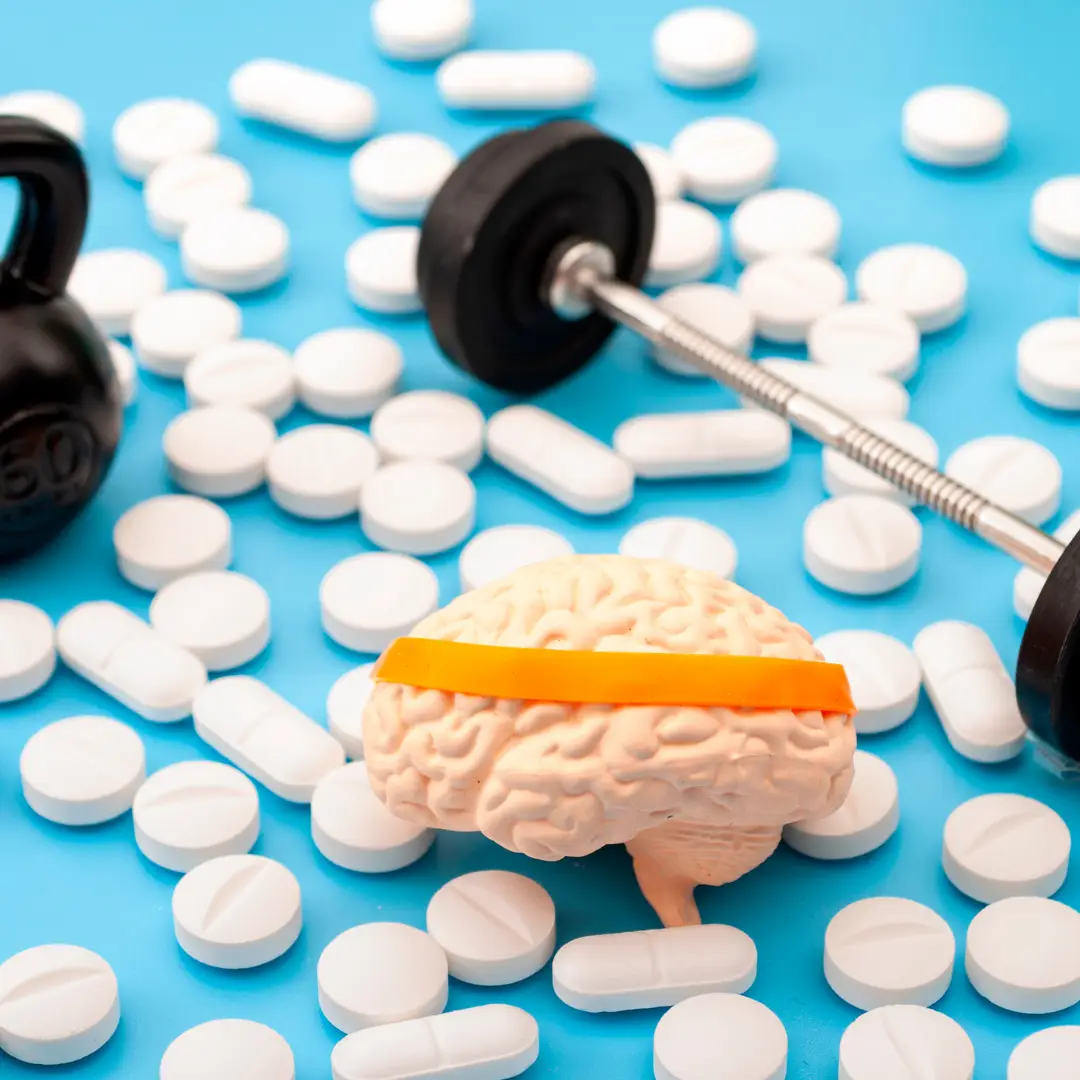In today’s fast-paced world, the connection between mental health and physical fitness often gets overlooked. However, it’s becoming increasingly clear that mental health plays a crucial role in achieving physical fitness goals. Adopting a holistic approach to health—one that integrates both mental and physical well-being—can lead to better results and a more sustainable fitness journey.
How Mental Health Affects Physical Fitness
Motivation and Consistency
Your mental health significantly influences your motivation and consistency when it comes to exercise. A study published in the Journal of Sport and Exercise Psychology found that individuals with higher levels of psychological well-being are more likely to maintain regular exercise routines. This suggests that improving your mental health can boost your motivation to stay active.
Stress and Its Impact on Exercise
Stress is another critical factor that can impact your physical fitness. Chronic stress can lead to elevated cortisol levels, which can hinder muscle recovery and growth. Furthermore, stress can decrease your energy levels and increase the likelihood of skipping workouts. According to the American Psychological Association, regular physical activity can reduce stress levels, but managing stress through mental health practices is equally important for optimal fitness results.
Mental Barriers to Physical Performance
Mental barriers, such as anxiety and self-doubt, can also impede your physical performance. The International Journal of Environmental Research and Public Health highlights that anxiety can negatively affect physical performance by increasing fatigue and reducing endurance. Overcoming these mental barriers is essential for achieving your fitness goals.
Strategies to Improve Mental Health for Better Fitness
Mindfulness and Meditation
Practicing mindfulness and meditation can significantly improve your mental health, leading to better fitness outcomes. A study in the journal Health Psychology Review found that mindfulness-based interventions can reduce stress and enhance psychological well-being. Incorporating mindfulness techniques, such as meditation or yoga, into your routine can help you stay focused and motivated.
Setting Realistic and Achievable Goals
Setting realistic and achievable goals is crucial for maintaining motivation and avoiding burnout. Break down your long-term fitness goals into smaller, manageable steps. This approach not only makes your goals more attainable but also provides a sense of accomplishment along the way.
Seeking Support and Building a Community
Having a support system is vital for both mental health and physical fitness. Join a fitness group, find a workout buddy, or participate in online communities that share your goals. According to a study published in the Journal of Health Psychology, social support can enhance exercise adherence and improve mental health outcomes.
Case Studies and Examples
Personal stories and client testimonials can provide real-life examples of how mental health influences fitness journeys. For instance, one client who struggled with anxiety found that integrating mindfulness practices into their routine not only reduced their anxiety but also improved their consistency in workouts. Another client discovered that joining a fitness community helped them stay motivated and achieve their weight loss goals.
Conclusion
Mental health plays a crucial role in achieving physical fitness goals. By incorporating mindfulness, setting realistic goals, and building a supportive community, you can improve both your mental well-being and physical performance. For personalized guidance and support, join our Facebook group, sign up for a free discovery session, or subscribe to our newsletter at The Mapes Mindset.






